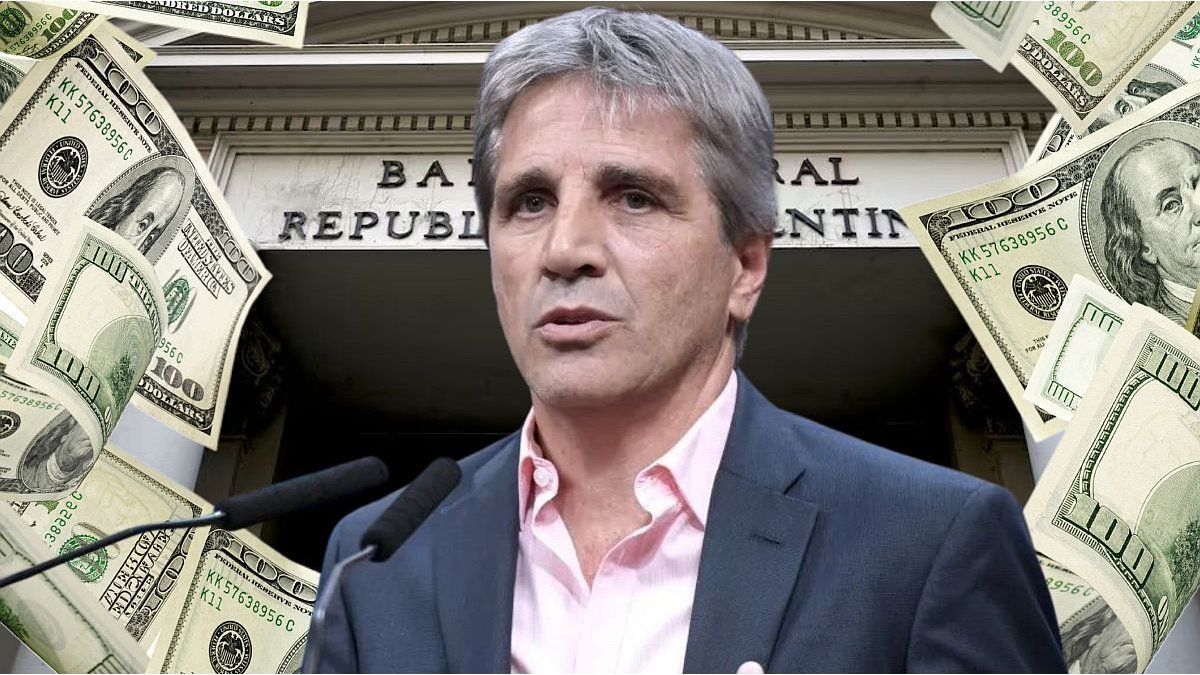Again and again there are calls for a restructuring of the railway. But while some plead for more flexibility, others fear above all disadvantages for the employees if the company is broken up.
From the point of view of the Monopolies Commission, an advisory body of the federal government, Deutsche Bahn must be “rebuilt”. There are repeated calls for a restructuring of the state-owned group with its hundreds of subsidiaries and holdings. The CDU and CSU only published a corresponding position paper in April. What are the proponents hoping for from such a step – and what do the opponents fear?
What speaks for a restructuring:
The most radical advocates of a new railway structure primarily have in mind a complete separation of the infrastructure division from railway operations. So far, all of this has been combined under the umbrella of the Deutsche Bahn Group, which both manages the rail network and offers its own transport services on it. With a split, the state-owned group could become leaner and more flexible, argue the CDU and CSU. On the other hand, competitors would have more transparent access to data relating to the rail network and train traffic. A division thus strengthens competition.
Another argument for restructuring revolves around the financing of the rail infrastructure. The railway network has been in urgent need of renovation for years. The main problem is money. As a railway subsidiary, DB Netz has to make long-term profits and transfer them to the parent company. This is one of the reasons why the federal government is planning to convert the network division into a society geared towards the common good. In this way, “profits would remain within the division,” expects the Allianz Pro Schiene interest group, for example. They could then be used to a greater extent for infrastructure development.
Critics say the federal government is not going far enough with this project. According to current plans, the new infrastructure company would also remain the responsibility of the Group Board of Management. In its recently published sector report, the Monopolies Commission recommends “extensive independence of the new company from the rest of the DB Group”. “This applies in particular with regard to the transparency of the financial ties within the group and the avoidance of personal ties between the group companies,” it says there.
What speaks against a split?
One of the loudest opponents of a restructuring of the DB is the railway and transport union (EVG). Above all, she fears disadvantages for the employees if the group is broken up. “Work must continue to be awarded within the DB Group – that means secure and collectively agreed jobs, especially in the service sector,” said EVG boss Martin Burkert on Tuesday.
The EVG also fears that a long-standing debate about the future direction of the railway company could paralyze rail transport in the long term. “What we actually need is adequate financing for the infrastructure,” Burkert makes clear.
The Pro-Rail Alliance argues similarly. “Increasing the quality and capacity of the network must be the top priority,” it says. “Narrowing it down to the question of structure doesn’t help.” The decisive factor is the political will to eliminate decades of underfunding of the rail infrastructure.
Source: Stern




